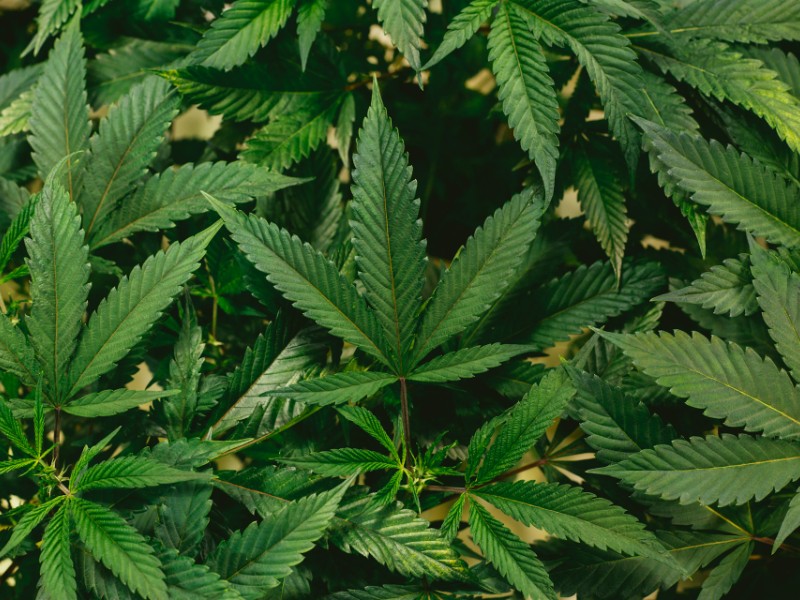
Island remains disease free currently
Government has confirmed a ban on the importation of sheep, cattle and goats to the Isle of Man will remain in place.
It's after new cases of the deadly bluetongue virus have been confirmed in the south of England.
The UK government says four farm animals have tested positive in Norfolk since Tuesday (27 August).
The cases are the first in the UK since March and the transportation of livestock around the affected farms has been halted.
Bluetongue is a notifiable disease which affects ruminants (such as cattle, sheep, goats and deer) and camelids (such as alpacas and llamas).
It is spread by the bites of midges and can cause infertility and breathing problems in animals.
It does not, however, affect people or food safety, so meat and milk are safe to eat and drink.
Dr Amy Beckett, Chief Veterinary Officer, said: “The disease can prove fatal for infected animals in the most severe cases - continuing to restrict the import of susceptible animals from Great Britain will significantly reduce the risk of an outbreak on the Isle of Man.
“Farmers should continue to monitor their animals frequently for clinical signs such as lameness, lesions in and around the mouth, and a loss of appetite, and report any concerns to DEFA immediately.”
Environment, Food and Agriculture Minister Clare Barber added: "The department has moved quickly to safeguard Manx livestock and protect the Island’s bluetongue disease-free status.
"We have informed the farming community and will continue to advise them of any further developments."
Between November 2023, when livestock imports to the Isle of Man were suspended, and March 2024 there were 126 bluetongue cases in England but the Island remains disease free.
The import ban also applies to other ruminants and restricts the import of their germinal products, such as semen and embryos, so anyone planning to import a consignment of germinal products must contact DEFA to ensure they comply with the requirements.

 Another amber weather warning issued
Another amber weather warning issued
 Work underway to re-establish private patients unit
Work underway to re-establish private patients unit
 Last chance to have your say on Steam Packet's new vessel
Last chance to have your say on Steam Packet's new vessel
 Port St Mary Commissioners increase rates by eight percent
Port St Mary Commissioners increase rates by eight percent
 Public Health launches Island-wide survey on medicinal cannabis use
Public Health launches Island-wide survey on medicinal cannabis use